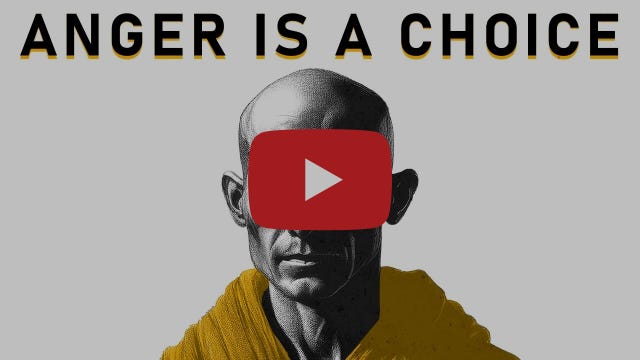Nan-in, a Japanese master during the Meiji era (1868-1912), received a university professor who came to inquire about Zen.
Nan-in served tea. He poured his visitor’s cup full, and then kept on pouring.
The professor watched the overflow until he no longer could restrain himself.
“It is overfull. No more will go in!”
“Like this cup,” Nan-in said, “you are full of your own opinions and speculations. How can I show you Zen unless you first empty your cup?”
—From Zen Flesh, Zen Bones
The first step towards true understanding is humility. The professor approached the Zen master too full of his own ideas to be receptive to teaching.
Where might you be approaching life with a full cup? Are there areas where preconceived ideas or a need for self-assertion are holding you back?
And while we’re on the topic…
Essay on Buddhist Emptiness
I was invited by Tricycle: The Buddhist Review to adapt the script of my video on Emptiness for their audience.
To access the essay, you need a paid subscription, but Tricycle have been kind enough to allow me to share with you for free.
You can read the essay here!
Thank you for your support and my best wishes,
Simeon
In my latest YouTube video we explore two Buddhist stories that offer timeless wisdom on how to deal with anger and conflict.
From the Buddha's encounter with an angry priest to Thich Nhat Hanh's parable of the boat, we discover mindful ways to confront and dissolve anger before it leads to suffering.



